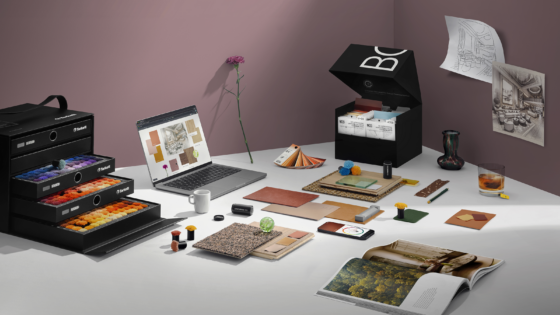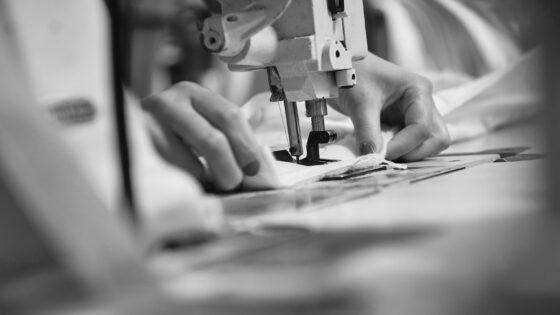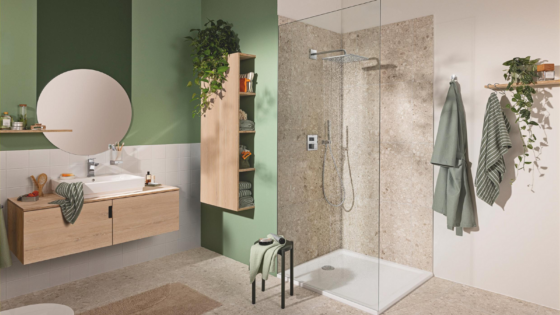Revolutionary wooden eco cabins in Finland carefully specifies products in order to create a functional space that is modern and timeless…
Following an eco study showing that 76 per cent of holidaymakers felt as if hotels could do more to be greener, a new eco-friendly concept of wooden cabins has been designed to revolutionise our way of living, which could also inspire fundamental change on the international hotel design scene.
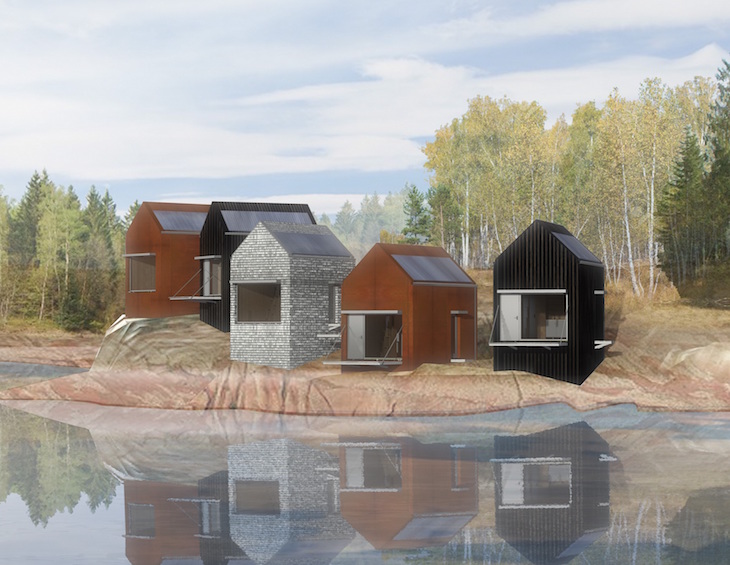
Majamaja is a range of prefabricated, eco-friendly, self-sufficient wooden cabins. At just 25 square metres, each space ensures guests have everything they need to live comfortably without depleting the Earth’s resources.
Complete with solar cells on the roof to provide electricity for the lamps and a water tank under the floor to provide clean drinking water, the thought process behind the revolutionary invention started with the concept of designing a completely self-contained holiday cabin. It had to be 25 metres square and when guests stepped through the door everything they needed had to be easily accessible. For example, the dining table is also a bed that can in turn disappear into the wall to create additional space. Guests can take a shower or cook in the knowledge that you are not drawing unnecessarily on the planet’s scarce resources.
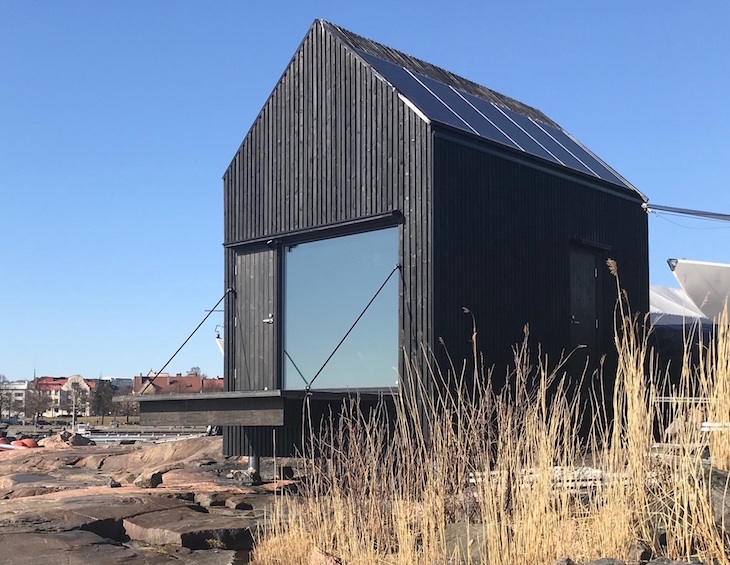
Image credit: Majamaja/Unidrain
The man behind this eco-friendly living space ‘Majamaja’ is the Finnish architect Pekka Littow, from the architectural agency Littow Architectes. “The island has not been civilised,” he said. “That means no infrastructure, no sewerage etc. So I started to think about how to build a home in a place like this. I drew inspiration from various places, including the military’s use of off-grid systems, and came up with the idea for this cabin where the thinking is ‘less is more’. The cabins are self- sufficient, while everything is super-functional and takes up as little space as possible. Fixtures and technology are combined in different ways.”
The result is a collection of wooden houses that run on solar energy and have water tanks that purify and re-use the water. “The cabins are ideal for those parts of the world where clean drinking water andsewerage are far from the norm,” said Tuomas Autio, one of the co-founders. “We have built a few cabins in Helsinki, with more on the way, but our goal is to create Majamaja villages all over the globe. Theenvironment will really thank us for that.”
“I have chosen to install linear drains from Unidrain, as they are both functional and aesthetically pleasing.” – Pekka Littow, Littow Architectes
While the invention may be Finnish, Danish design is well represented in the form of minimalist linear drains from Unidrain, which are a perfect fit for the small cabins, where less is more. “The Danish design style, which is very minimalist, fits very well into these homes,” added Littow. “I have chosen to install linear drains from Unidrain, as they are both functional and aesthetically pleasing. The dimensions fit so well that I was able to design the shower cubicle around the drain. The result is really great and I am getting good feedback on it.”
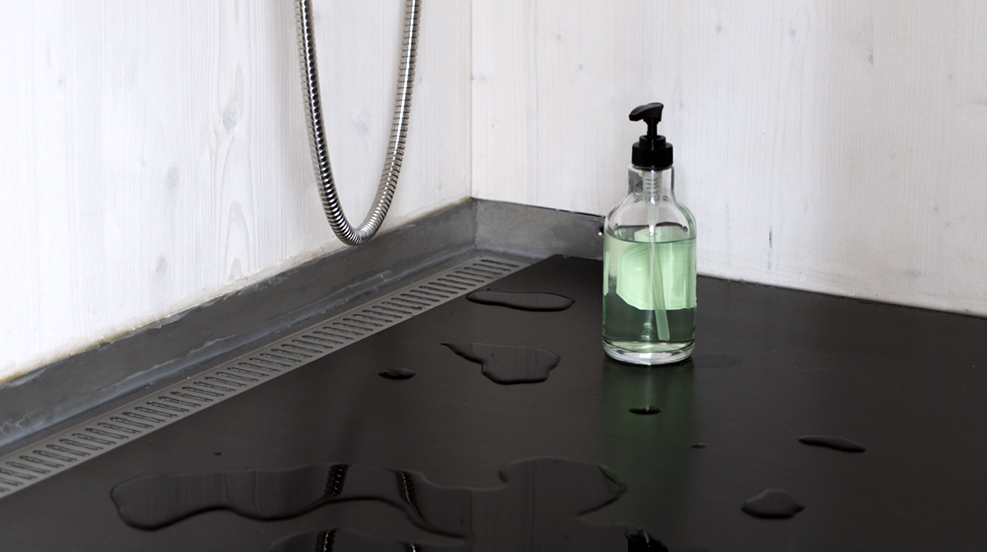
Image credit: Unidrain
The sustainable cabins come in prefabricated kits as they have adjustable feet, none of the cabins need foundations; which allows them to be easily erected wherever required.
Main image credit: Majamaja

